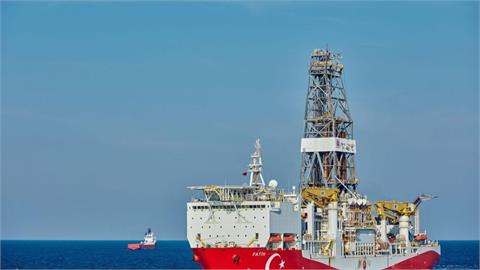The YPG/PKK terrorist group has agreed to hand responsibility for several of Syria’s most lucrative oilfields over to the Assad regime.
According to local sources, the YPG/PKK and the regime wrapped up several weeks of negotiations on Thursday. Under the agreement, the regime will be responsible for transporting the oil and gas through pipelines laid and/or repaired by a Canadian energy company.
The regime will also be responsible for providing YPG/PKK-held areas with electricity produced from the oil and gas extracted from the oilfields. The YPG/PKK, however, will remain responsible for extracting the crude oil from the oilwells.
During the first six-month phase of the Canadian company’s contract, pipelines will be laid and/or repaired starting in Syria’s eastern Deir Ez-Zor province.
Repair of the pipelines will begin from the Al-Omar and Tanaq oilfields, from which oil will be transported to the regime-held Teym oilfield. The pipelines will terminate at a refinery in Homs province.
Gas extracted from Al-Omar and Tanaq, meanwhile, will be transferred to the YPG/PKK-held Conoco gas plant, from which the regime will then acquire the gas. Within this context, a regime delegation, including Russian energy experts, recently visited Al-Omar, considered Syria’s largest oilfield.
On June 2, the YPG/PKK and the regime agreed to trade oil extracted from Al-Omar. One year earlier, the two sides agreed to share revenues obtained from oilfields located in Syria’s YPG/PKK-held Hasakah province.
The U.S.-backed terrorist group currently controls some 70 percent of Syria’s total oil resources. Located near the Iraqi border, Deir ez-Zor is home to Syria’s largest oilfields. Eleven of the country’s largest oilfields are located east of the Euphrates River, which snakes through Deir ez-Zor province.
The Al-Omar, Tanaq, Ward, Afra, Kewari, Jafra, Jarnuf, Azrak, Kahar, Sueytat and Galban oilfields -- all of which are located east of the river -- are believed to account for roughly one third of Syria’s total energy production.



